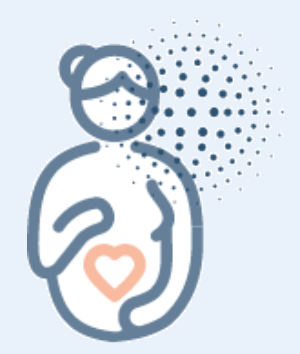Dias, T., Sairam, S., & Kumarasiri, S. (2014). Ultrasound diagnosis of fetal renal abnormalities. Best practice & research. Clinical obstetrics & gynaecology, 28(3), 403–415. https://doi.org/10.1016/j.bpobgyn.2014.01.009
Gimpel, C., Avni, F. E., Bergmann, C., Cetiner, M., Habbig, S., Haffner, D., König, J., Konrad, M., Liebau, M. C., Pape, L., Rellensmann, G., Titieni, A., von Kaisenberg, C., Weber, S., Winyard, P., & Schaefer, F. (2018). Perinatal Diagnosis, Management, and Follow-up of Cystic Renal Diseases: A Clinical Practice Recommendation With Systematic Literature Reviews. JAMA pediatrics, 172(1), 74–86. https://doi.org/10.1001/jamapediatrics.2017.3938
Sahin, E., Madendag, Y., Tayyar, A., Sahin, M., Col Madendag, I., & Acmaz, G. et al. (2017). Perinatal outcomes in uncomplicated late preterm pregnancies with borderline oligohydramnios. The Journal Of Maternal-Fetal & Neonatal Medicine, 31(23), 3085-3088. doi: 10.1080/14767058.2017.1364722
Magann, E., Haas, D., Hill, J., Chauhan, S., Watson, E., & Learman, L. (2011). Oligohydramnios, Small for Gestational Age and Pregnancy Outcomes: An Analysis Using Precise Measures. Gynecologic And Obstetric Investigation, 72(4), 239-244. doi: 10.1159/000324570
Leung J. C. (2014). Inherited renal diseases. Current pediatric reviews, 10(2), 95–100. https://doi.org/10.2174/157339631002140513101755






